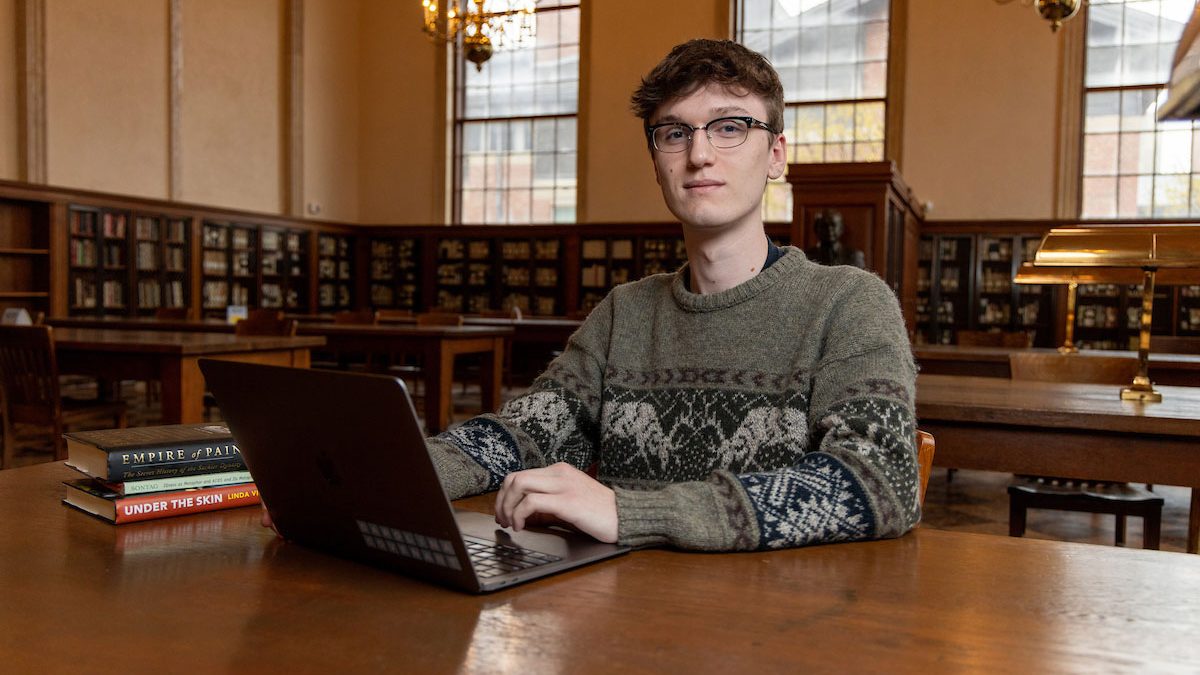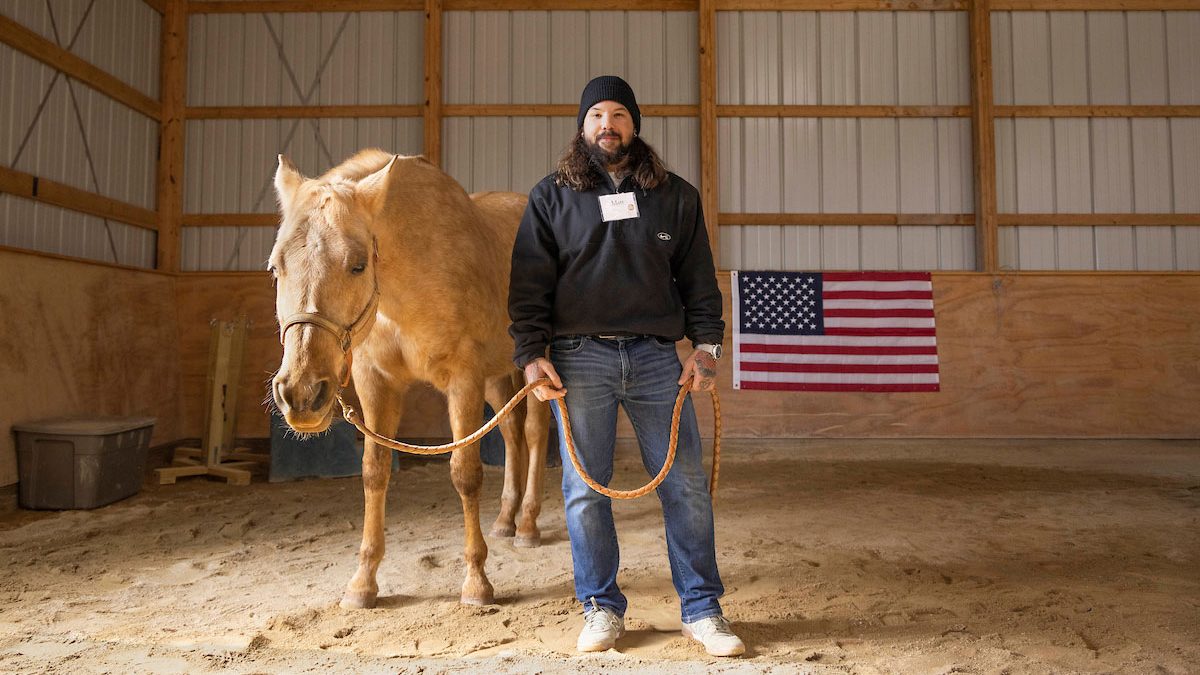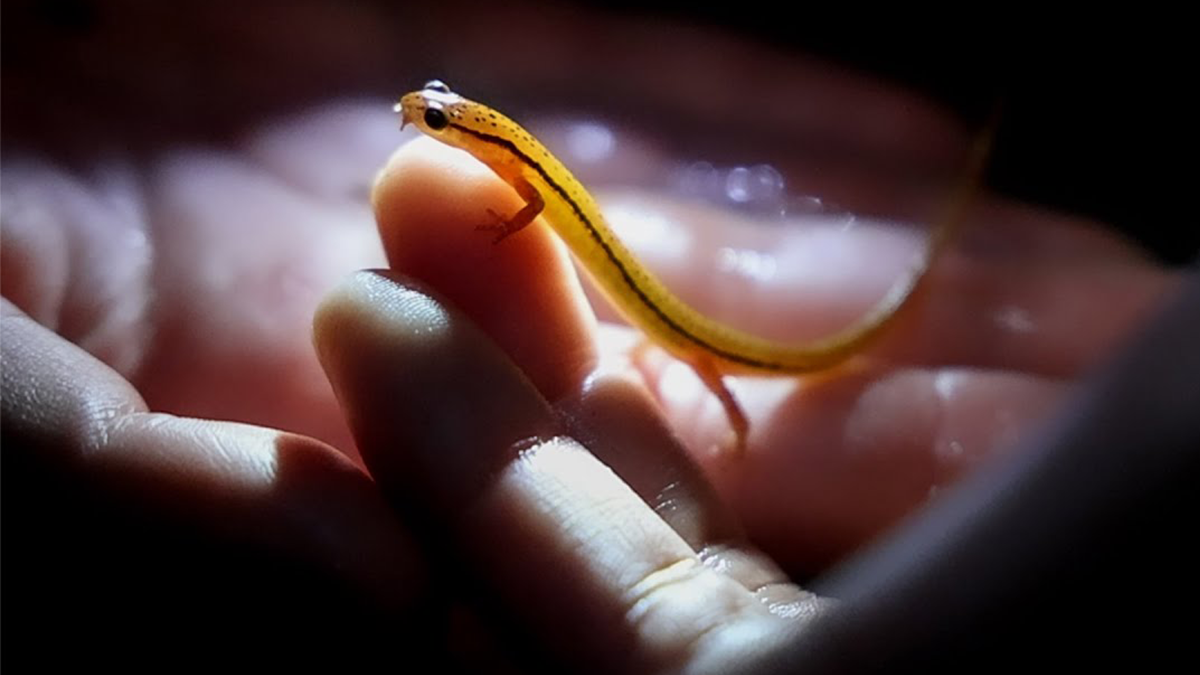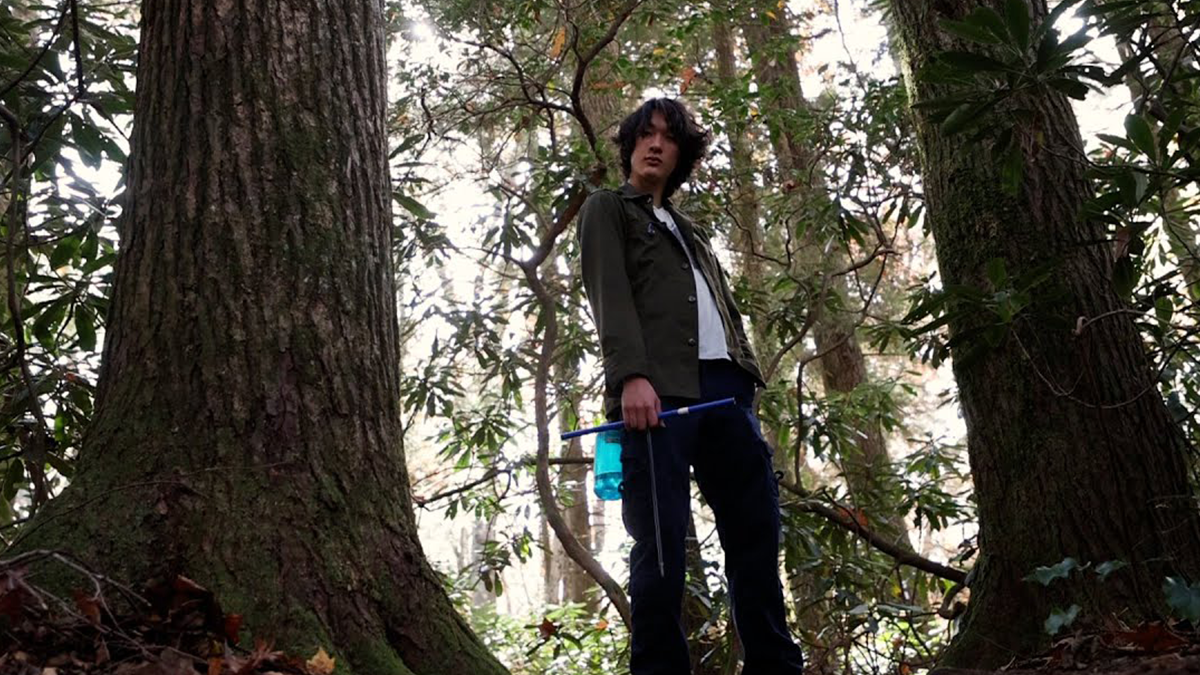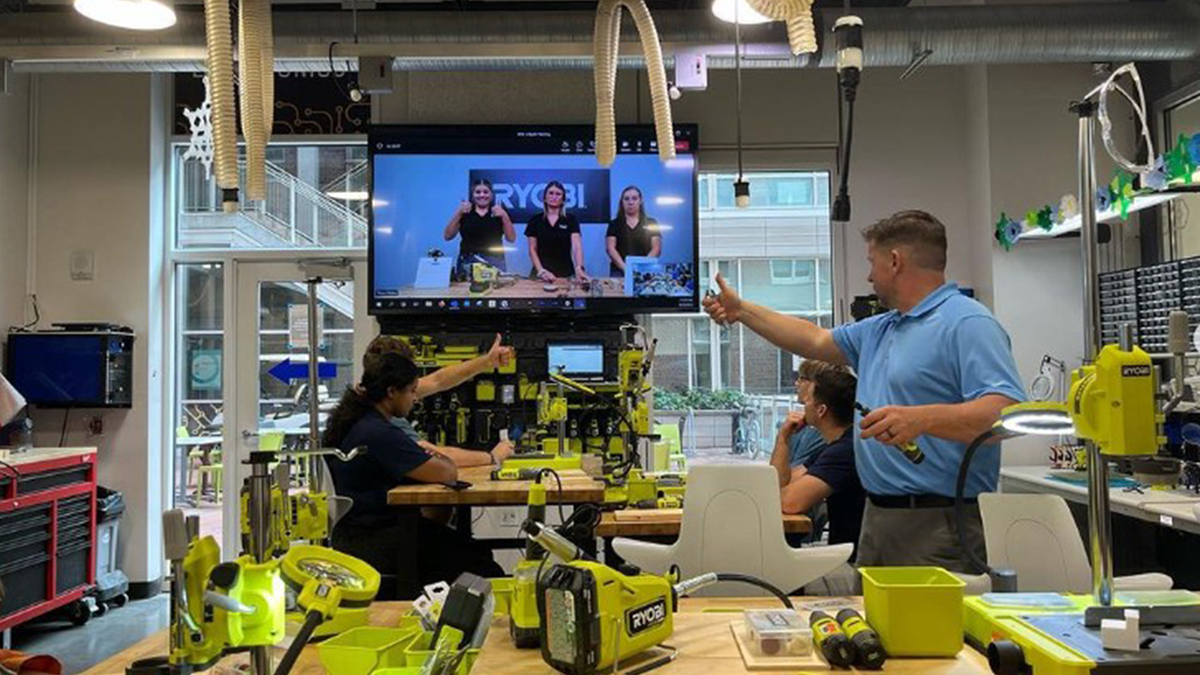Collaborating across continents
Published on June 11, 2021A new format of courses is helping Carolina students and faculty share ideas with counterparts across the world.
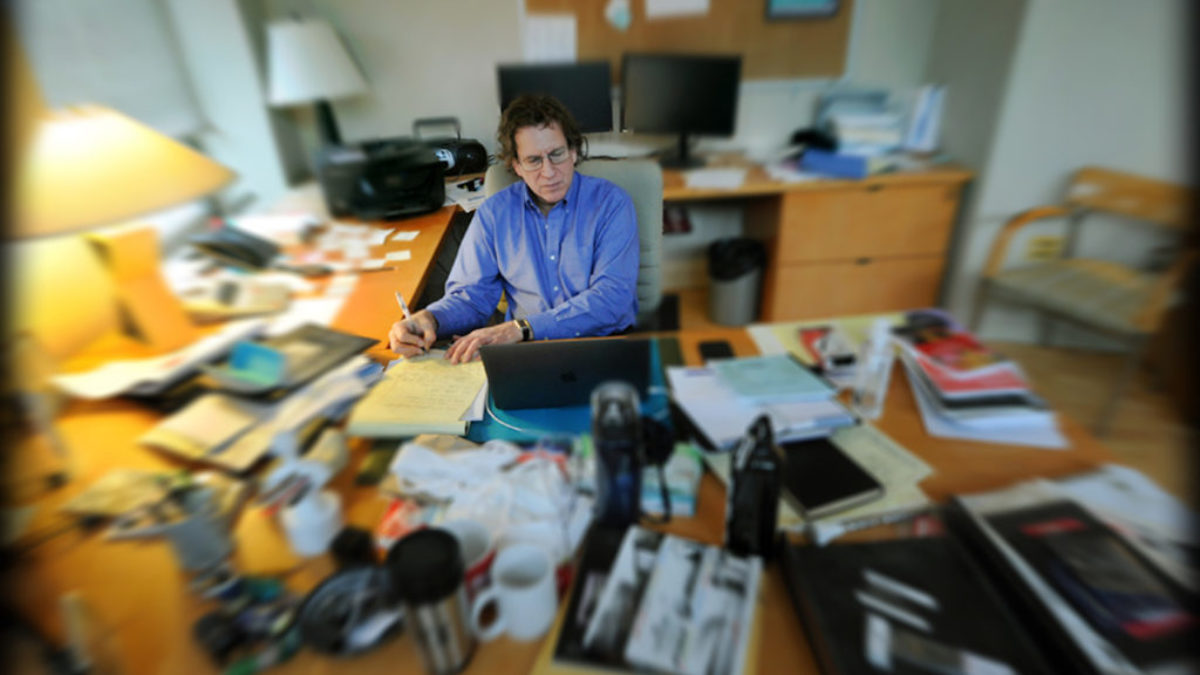
A new format of courses is helping Carolina students and faculty share ideas with counterparts across the world.
Students and faculty at UNC-Chapel Hill are sharing ideas and learning with counterparts across the world, thanks to Collaborative Online International Learning (COIL) courses.
During the 2020-21 academic year, more than 430 UNC-Chapel Hill students participated in 19 classes with 15 partner universities across the globe. The collaborative, online format of COIL classes favors a true interactive learning structure, with students exchanging and building on each other’s ideas despite being thousands of miles apart. Instructors use multiple methods and mediums to engage students both synchronously and asynchronously.
COIL courses are eligible to receive funding and support through an initiative called Connecting Carolina Classrooms with the WorldOpens in new window, which was launched last year by the Office of the Vice Provost for Global Affairs and the College of Arts & Sciences.Faculty from many disciplines across campus have taken part in the program thus far, benefitting undergraduate, graduate and professional students.
COIL in Action
This spring, drama students at Carolina gained international perspectives through the COIL class DRAM 284: “Theatre and the Pandemic, Theatre After the Pandemic.” The course was led by Adam Versényi, chair of Carolina’s Department of Dramatic Art and a dramaturg for PlayMakers Repertory Company. His international collaborators included Patrick Lonergan of the National University of Ireland in Galway and Kurt Taroff of Queen’s University in Belfast.
Throughout the spring semester, students heard from guest artists who make new work in new ways. They also examined case studies from theater history, including Shakespeare’s reaction to the plague.
Lonergan said that the course forged connections between students in Chapel Hill and Ireland and also brought together students from two parts of Ireland.
He added that the COIL component gave students “the chance to learn about each other and to see that we have a lot in common, but there are also differences. We’re excited to see how our students grow by working together.”
Each week, the Carolina cohort met on Mondays, and the three universities came together on Wednesdays. Early on, students were paired with classmates and asked to interview each other, then perform what the idea of “home” means to their partners. The course concluded with students developing collaborative online performances.
Alice Knight, a first-year student from Boone, North Carolina, said that the exercise highlighted how students share “a similar hope for the future.” She said she has enjoyed hearing from artistic directors from Big Telly Theatre Company (Portstewart, Northern Ireland), Druid Theatre (Galway, Ireland) and The Cherry Arts (Ithaca, New York).
“The idea [was] for them to create something based upon what they’ve been learning in the course,” Versényi said. “Obviously, the huge thing that we lack in the virtual space is that sense of a communal experience. You can create a sense of interconnectivity to a certain extent, but it is by no means the same as live theater … Given that, how do you create something that is true to that sense of theatricality and that makes use of the medium?”
Both Versényi and Lonergan said that it was important, via the course title, to focus not only on what’s happening to theater now, but what artists will take forward.
“The pandemic has operated as a kind of truth serum upon our societies … That ‘moment of truth’ allows us to think about our future,” Lonergan said. “Artists everywhere are using this time to devise new ways of making art. The years ahead will be challenging, but theater shows us that we are most resilient when we work together.”
Versényi will partner with the two universities again to offer this course in Spring 2022. The Office of the Vice Provost for Global Affairs will continue expanding COIL offerings,making barrier-free options available to every Carolina student seeking a global education.
Collaborative Online International Learning courses are funded by theChancellor’s Global Education FundOpens in new window.
